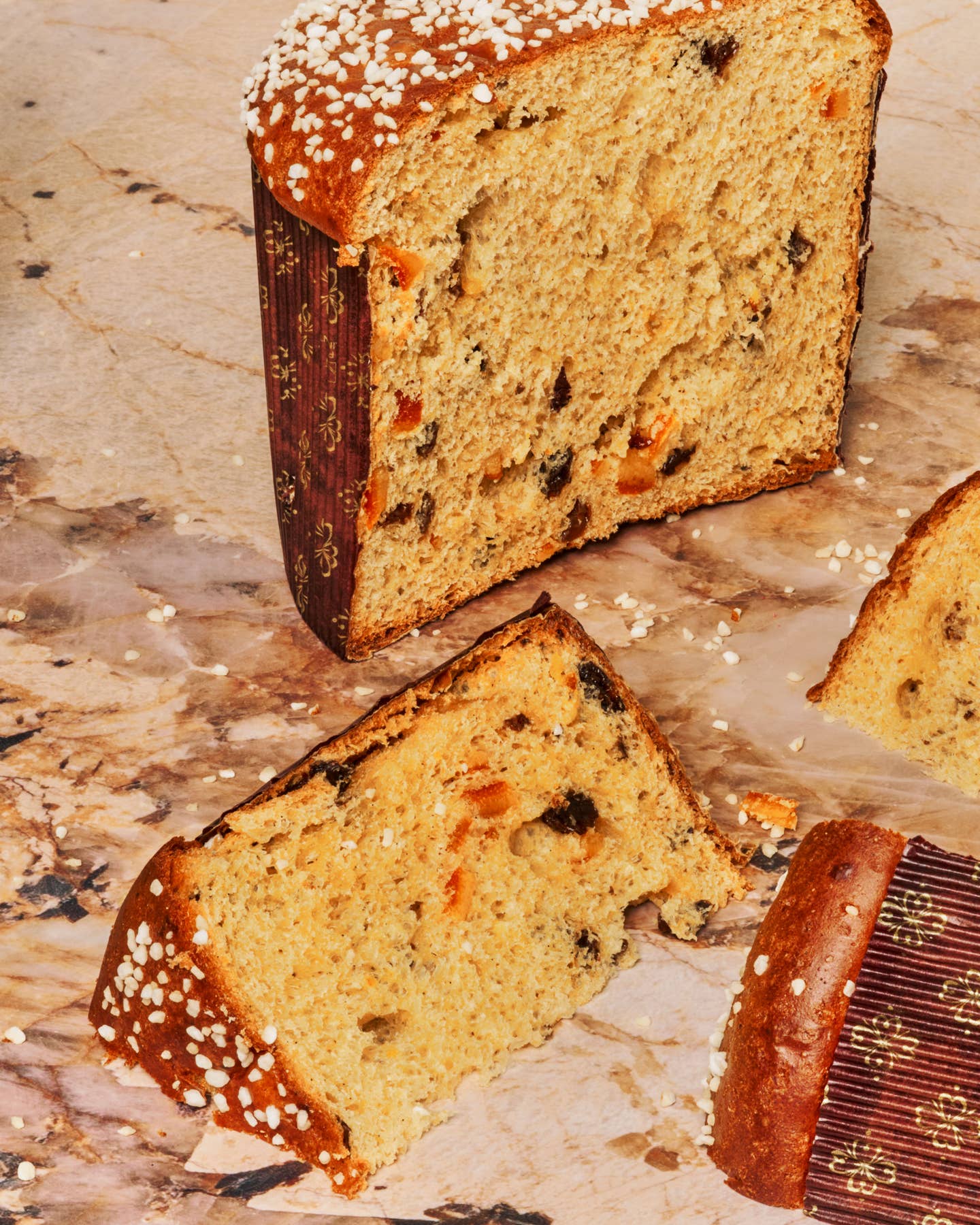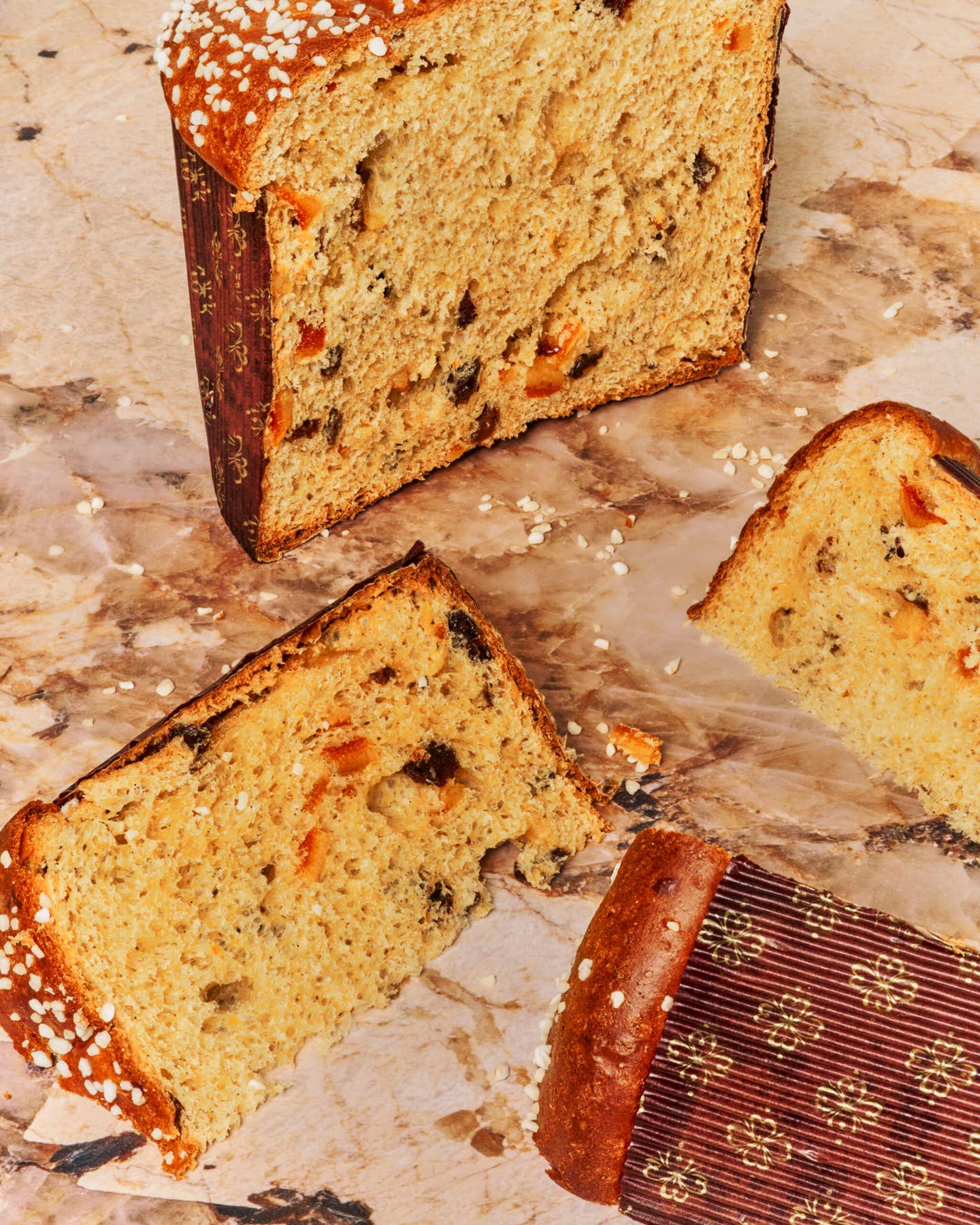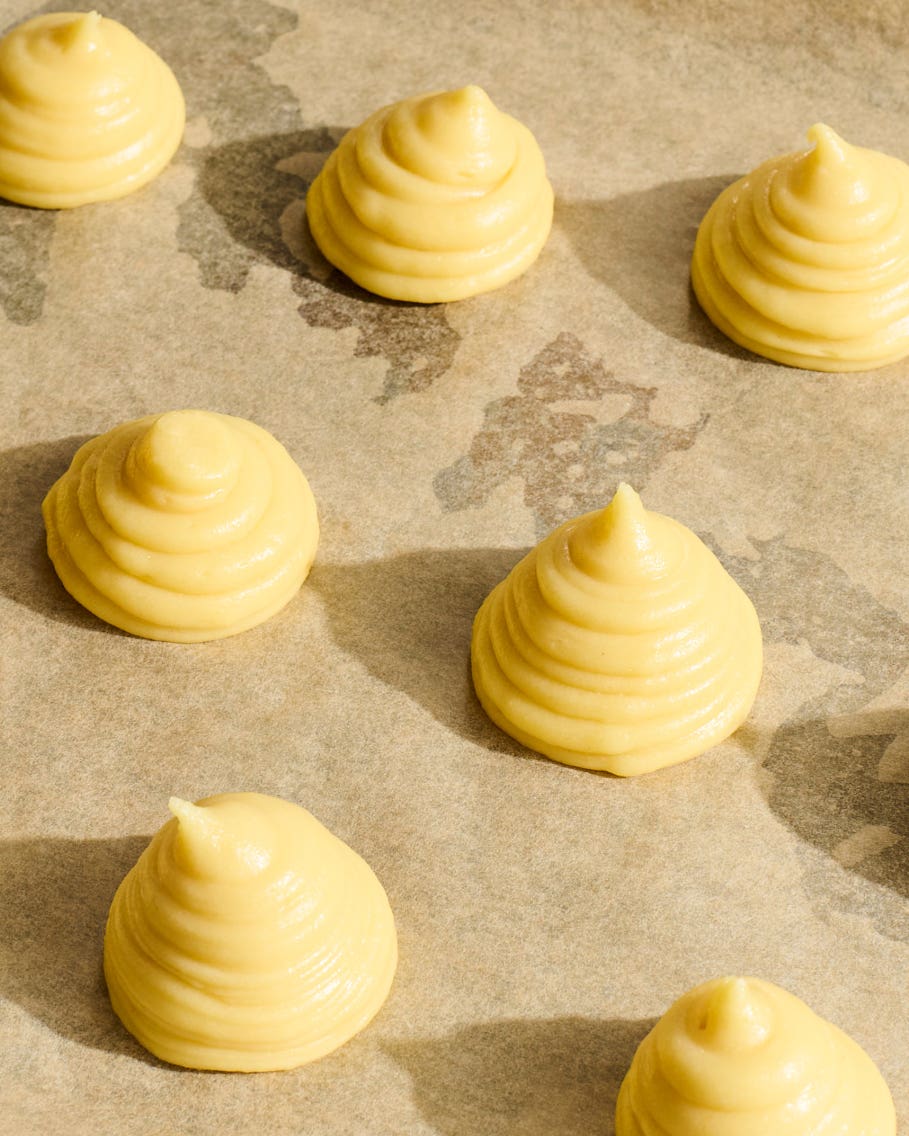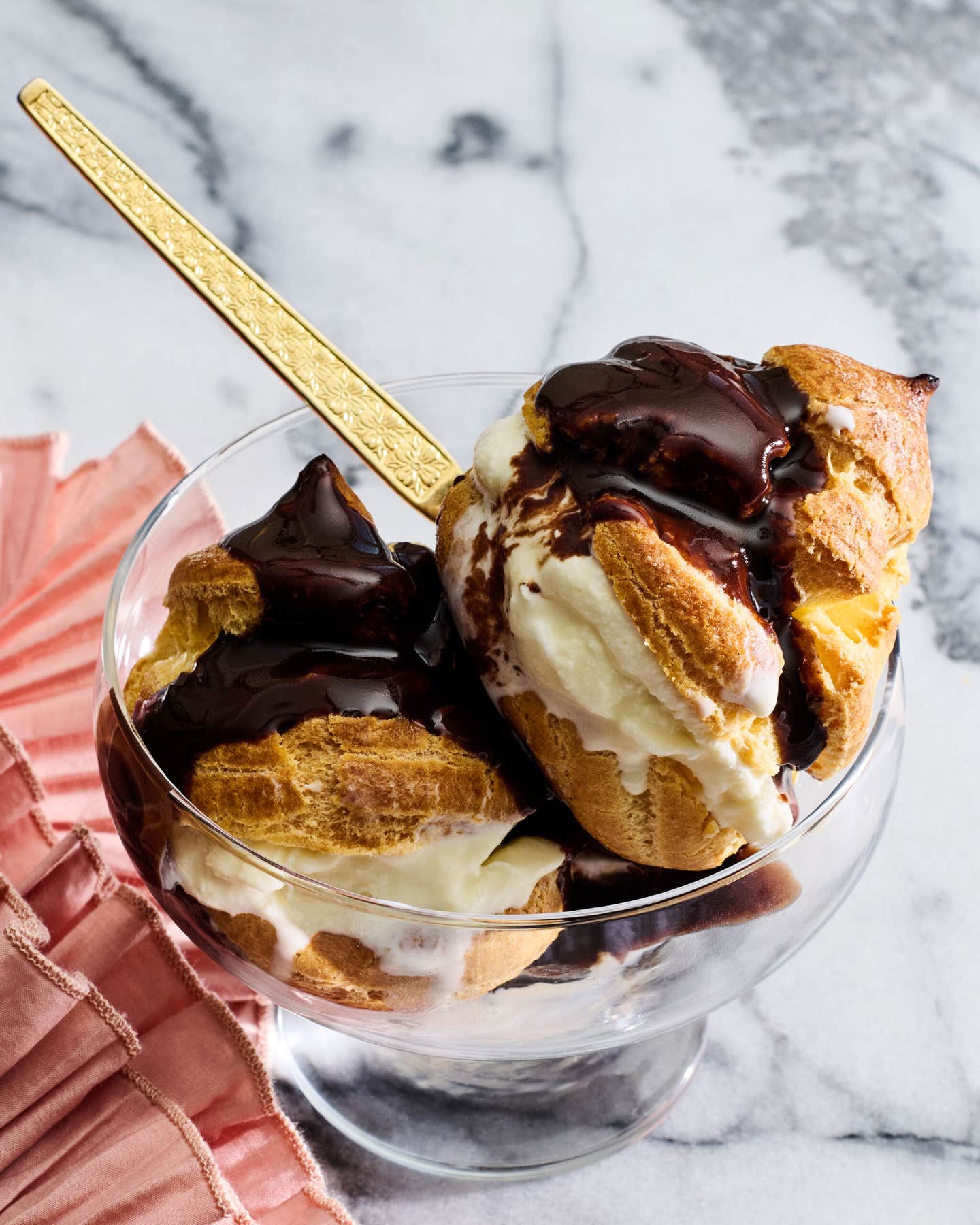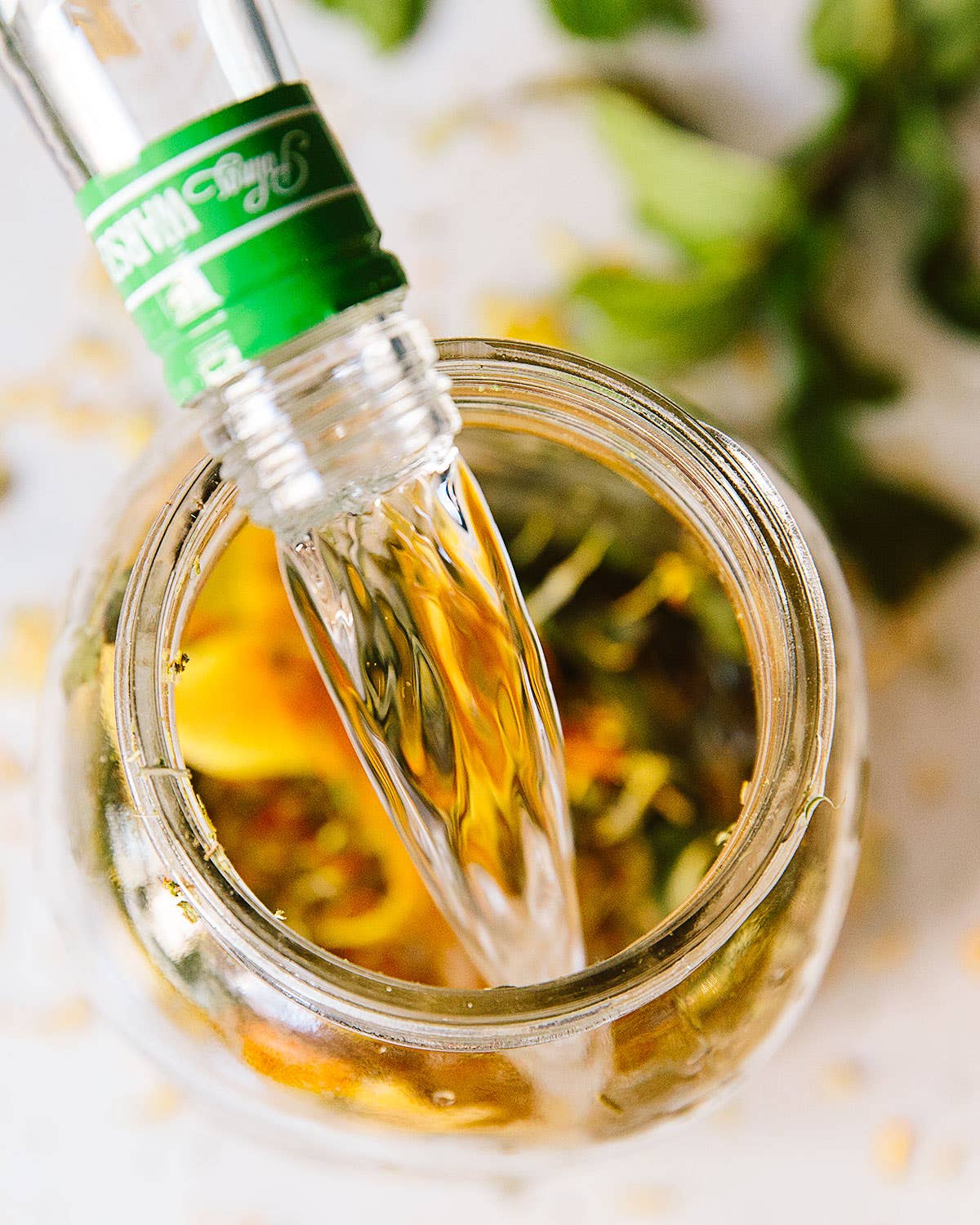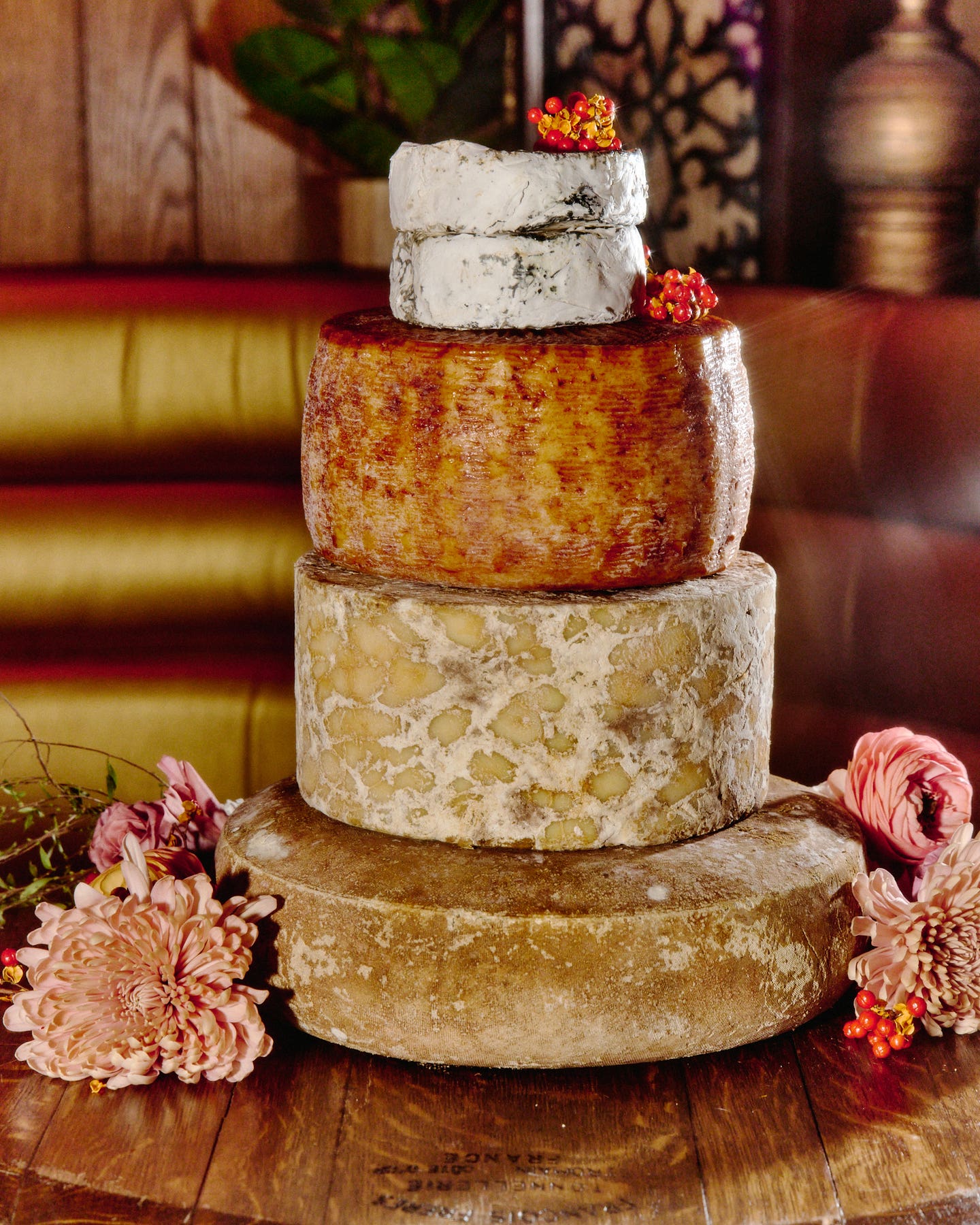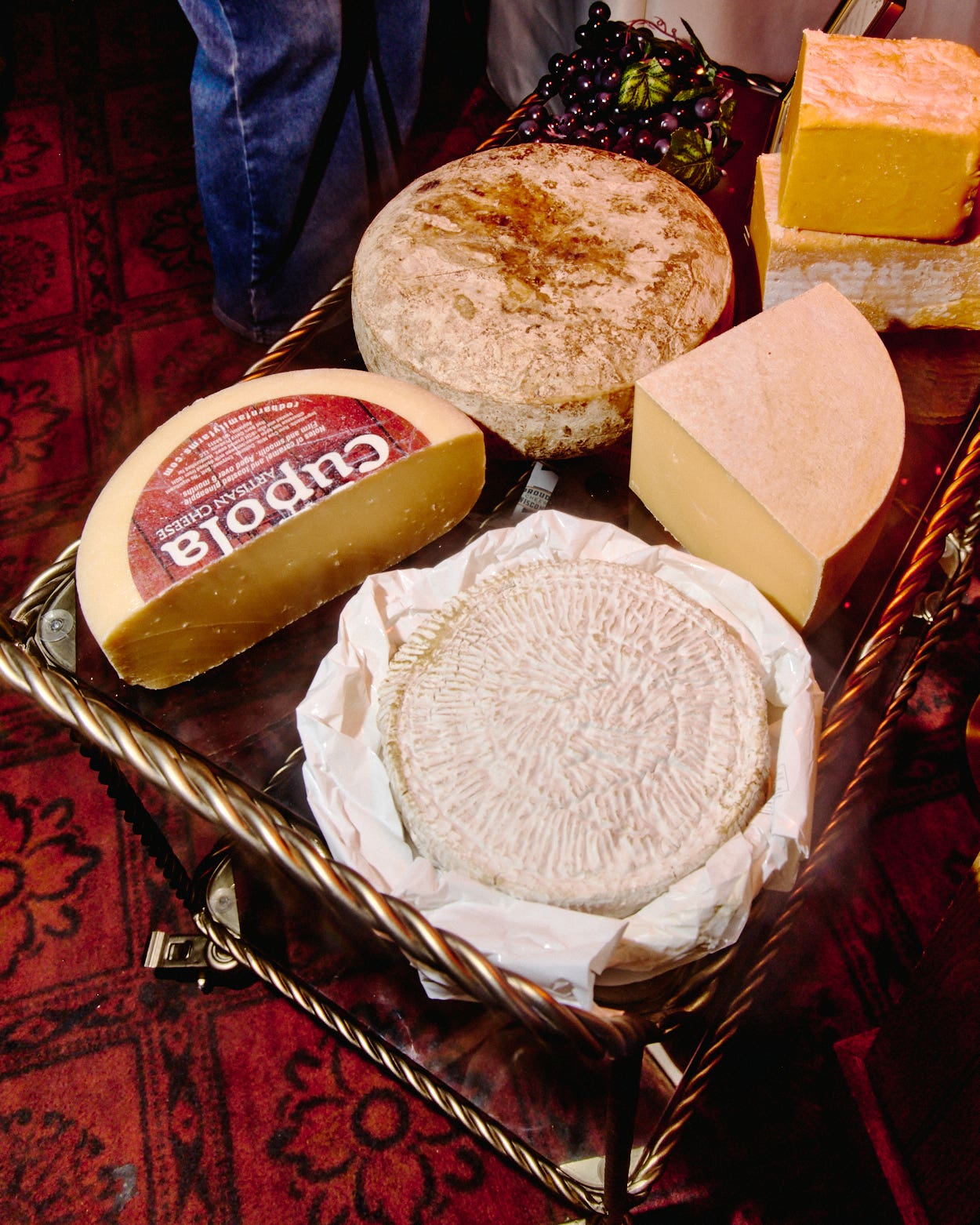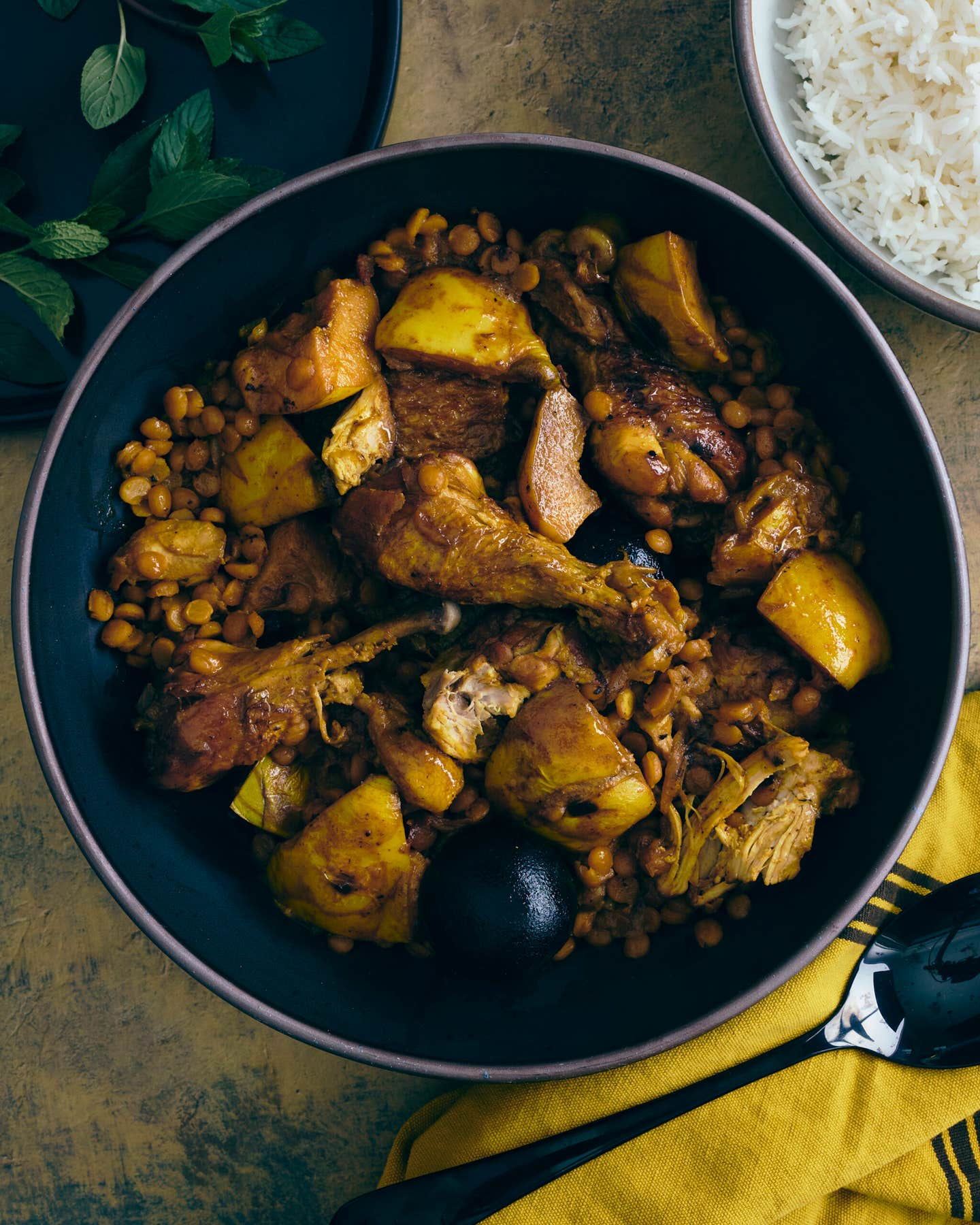
Tips for Successful Grilling
How to Prevent Flare-Ups
While fire is the essence of grilling, flare-ups—when flames surge out of the grill and burn food—can impart undesirable, bitter flavors. Since flare-ups are caused by oil dripping onto the coals and catching fire, prevent them by trimming off extra fat, and using a paper towel to pat off excess marinade before putting food on the grill.
How to Control Flare-Ups
If you do experience a flare-up, there are three things you can do: Move the food immediately to a cooler section of the grill; close the lid and vents of the grill briefly to cut off the fire's oxygen supply; or spritz the flames with water to douse them.
Baste to Build Flavor
Brushing food with a marinade or sauce as it cooks creates a browning effect as proteins and sugars both caramelize, building a rich, flavorful crust. When basting meats or seafood, fully sear the surface before you start basting—this will create a craggy surface for the marinade or sauce to cling to—and use just enough sauce to coat the food; over-eager brushing can lead to drips and flare-ups.
Use the Lid
Speed up indirect grilling (see "How to Cook on a Grill") by closing the lid and opening a vent over the hottest part of the grill. The lid will help capture and contain heat, while the open vent ensures that the hot air circulates evenly and rapidly throughout the grill, in effect turning the grill into a convection oven.
Back Up Your Chimney Starter
Strong, steady heat is essential for great grilling. We find it helps to have a backup chimney starter on hand to keep hot coals at the ready for stoking your fire when the first batch of coals dies down. Since coals take around 15 minutes to really get going, light your second starter as soon as you slap that first burger on the grill.
Keep Meat from Sticking to the Grate
So that food sears without sticking to the grill, make sure grates are extremely hot before cooking. At first the foods will grip the hot grate as proteins brown and sear. But as meats cook, they will start to firm up and pull away from the grate, making it possible to flip them without losing their charred crust.
Add Wood Chips for Flavor
Most charcoals burn relatively clean, allowing the flavors of grilled foods to speak for themselves. For added depth and a nice smoky taste, add wood chips made from hardwoods such as hickory, applewood, or cherry, to your fire. Be sure to soak chips in water first for 15 minutes to an hour to ensure they smoke (and don't just ignite), then toss them directly onto the coals just before you start cooking.
Keep Reading
Continue to Next Story
